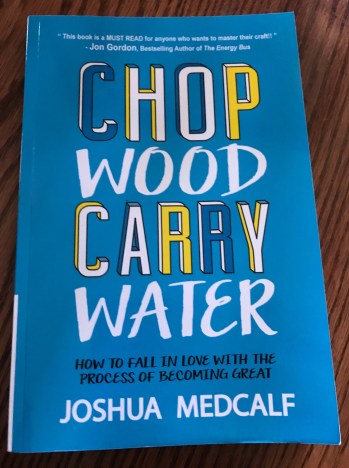Shoulders slightly hunched, grey slacks, a simple button-down shirt, and a face hidden by a mask. One lone voice danced with the solitary music of a piano, so crisp compared to the many voices of a choir. The sunlight held him, softened by its journey through the stained glass windows that surrounded the sanctuary. He sat alone in the pew.
For the first time since March 2020, our family attend Mass in-person. The service looked different with masks and many of the pews roped-off. But what I felt was profound, soul-gripping, and tangible. I felt the power of the Church — a community joined by Faith.
I’ve sat alone before.
Looking at that man across the aisle, I was reminded of times when I sat alone in Church. We met in a wooden hut when I was stationed in Honduras. In Iraq, it was a trailer and in Afghanistan, a dusty, green tent. Often, there was no priest, so we simply gathered to pray. Rank fell away, the mission stopped, and what was left was us — no longer alone.
Loneliness is hard to count.
We are reminded many times each day to give 6 feet, but I wonder how many people are painfully aware of just how far that distance is. We will not see a number scrolling across the bottom of our TV screen. There will be no positivity rate, testing center, or quantifiable metric to track. What does it mean to “quarantine,” to the man who already sits alone?
I am thankful for community.
This Thanksgiving, I am thankful that I have not been alone. Since March, it has been hard to say if I have ever been alone. There are no quiet places in a house with small children. We work, educate, play, and live within the walls of our home. I have complained about many things since March 2020, but never about being alone.
Community is family.
Over the last year, my definition of family expanded to more than my relatives. This year, family became those with whom I’ve weathered the COVID storm. We met on walks, under trees, on porches, and in driveways. Just like when I was deployed, the places we met became our sacred Church. And the spiritual power, came from the people gathered rather than the place.
As we celebrate our meal this week, there will likely be many changes. But space and place are no barrier to love. It could be just a waive. Perhaps a quick text or email. Or even a beer on a back porch.
This Thanksgiving, let’s all find the man alone in the pew.






